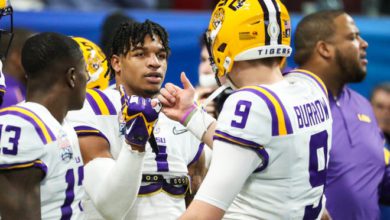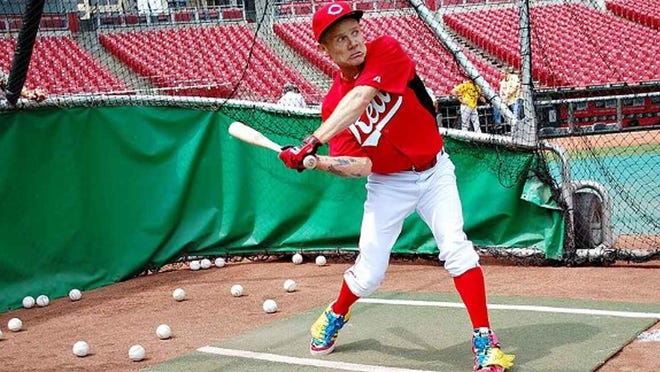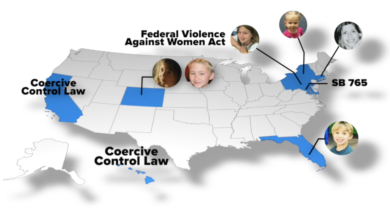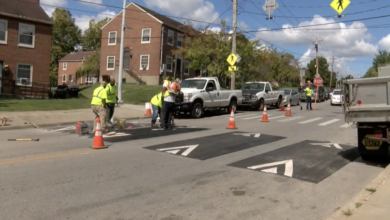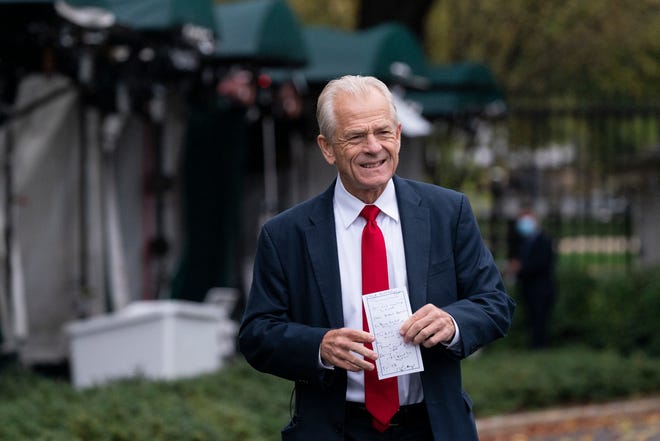
WASHINGTON – The Justice Department announced Friday the indictment of Peter Navarro, a trade adviser to former President Donald Trump, for two counts of contempt of Congress after he defied a House committee investigating the Capitol attack Jan. 6, 2021.
The charges represent the second criminal case against a Trump aide for defying the committee. Political strategist Steve Bannon faces trial July 18.
Navarro has refused to testify by citing executive privilege to keep communications with Trump confidential. Navarro filed a lawsuit Tuesday challenging the subpoena by arguing the committee is illegitimate and partisan.
During his initial court appearance Friday, Navarro didn't enter a formal plea to the charges and asked to delay his next hearing scheduled for June 17. He argued the criminal case should be heard after the civil case is resolved and that the civil case could go to the Supreme Court.
"There are bigger things at play than whether I go to prison," said Navarro, who is representing himself in the lawsuit. Prosecutors opposed his request to delay the trial until after the civil case is heard.
Navarro also accused prosecutors of misconduct for arresting him Friday morning at the airport and detaining him before a planned trip to Nashville, Tennessee.
"The behavior of these people is unconscionable. No American should be treated the way these people treated me," Navarro said. "They've basically weaponized their investigative power."
Magistrate Judge Zia Faruqui allowed Navarro's supervised release pending trial. Farugui ordered Navarro to check in weekly with authorities by phone, notify authorities about domestic travel, request permission for international travel, and not possess a firearm. But Faruqui rejected the prosecutor's request to make Navarro surrender his passport.
Navarro said he saw no need for punitive restrictions.
"I'm no threat to anybody," Navarro said. "I'm not a flight risk."
The Jan. 6 committee sought to question him because in his 2021 book "In Trump Time," Navarro described the scheme to delay certification of the 2020 election of President Joe Biden as the "Green Bay Sweep" and said it was the "last, best chance to snatch a stolen election from the Democrats’ jaws of deceit."
Navarro said in a later interview that Trump was “on board with the strategy,” according to the committee. The panel seeks documents about the plan and testimony.

The committee issued the subpoena Feb. 9 for Navarro to provide documents Feb. 23 and testimony March 2. The committee said he could refuse to answer questions based on a privilege, but that he must appear.
Navarro replied to the committee by email Feb. 27 that Trump invoked executive privilege to keep their communications confidential. “Accordingly, my hands are tied,” Navarro wrote.
Federal courts have so far upheld the committee’s authority to subpoena documents and testimony. The Supreme Court refused to a hear an appeal from Trump that approved the release of administration documents from the National Archives and Records Administration. The appeals court ruled Biden’s waiver of executive privilege outweighed Trump’s claim.
The House voted in April to hold Navarro in contempt. The indictment against Navarro was filed Thursday and unsealed Friday. U.S. District Judge Amit Mehta will hear the case.
The maximum penalty for each charge is a year in jail and a $100,000 fine.
A member of the committee, Rep. Adam Schiff, D-Calif., said in a tweet Friday that Congress can’t function if a corrupt executive can’t be held to account.
"Prosecution of those who refuse to comply with a lawful subpoena is vital to ensuring congressional oversight has teeth," Schiff said.
The House had also cited former White House chief of staff Mark Meadows and former deputy chief of staff Dan Scavino for contempt. But the Justice Department spared the two from criminal prosecution.
The department's decision to not prosecute Meadows and Scavino was revealed in a letter sent Friday by a federal prosecutor to a lawyer for the House of Representatives.

The split decisions show how the Justice Department has opted to evaluate on a case-by-case basis contempt referrals it has received from Congress rather than automatically pursue charges against each and every Trump aide who has resisted congressional subpoenas.
The committee's leaders called the decision to not prosecute Meadows and Scavino "puzzling." In a statement late Friday, Reps. Bennie Thompson, D-Miss., and Liz Cheney, R-Wyo., said: "We hope the Department provides greater clarity on this matter. ... No one is above the law."
The New York Times first reported on the decision to not charge Meadows and Scavino.
Contributing: The Associated Press


